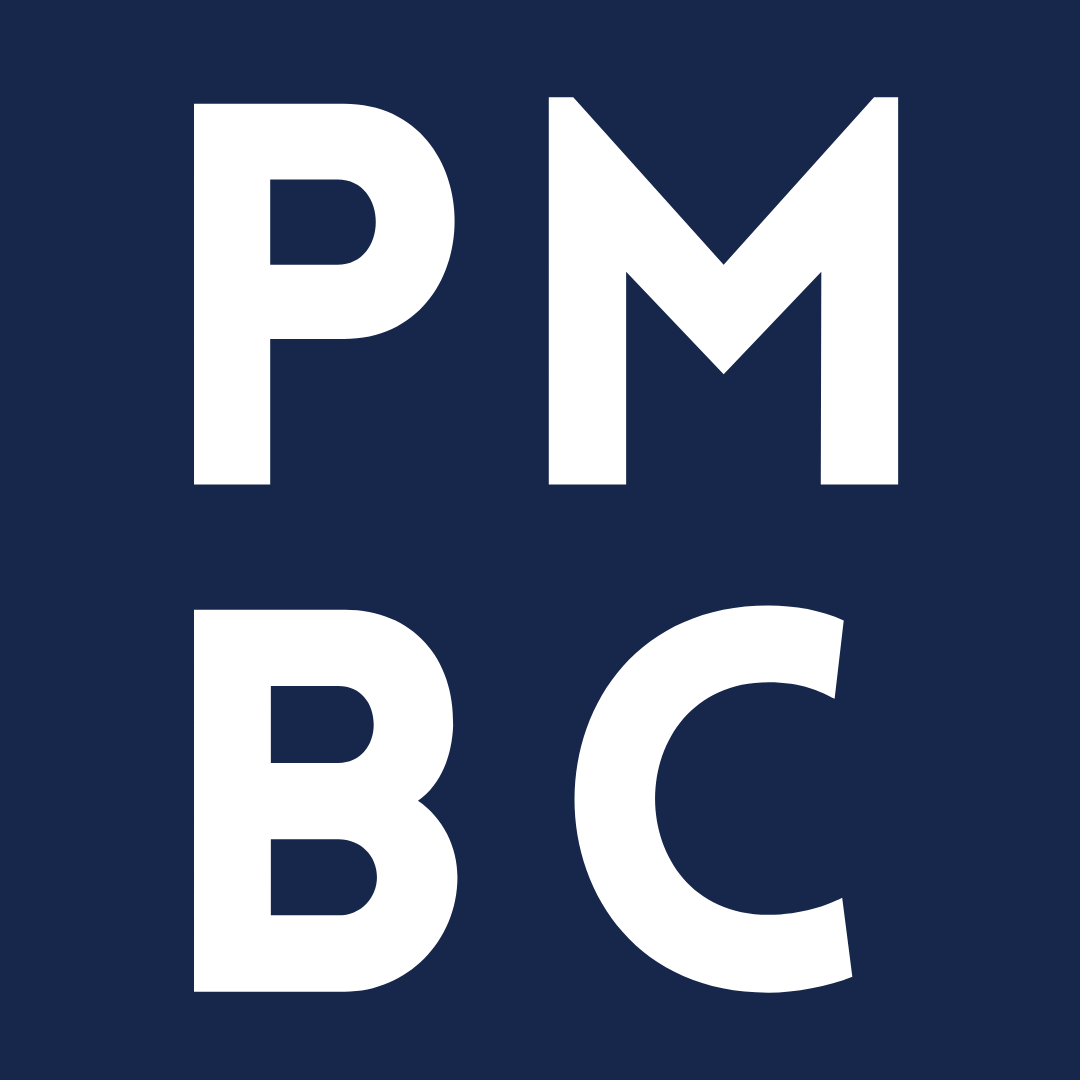Why Books Matter and Why They Matter to Project Managers
This list could be longer.
But here are ten reasons books matter.
- Books preserve knowledge across generations, serving as time capsules of human thought and discovery.
- Reading improves cognitive abilities, including critical thinking, vocabulary, and concentration.
- Books provide diverse perspectives, fostering empathy by allowing us to experience lives different from our own.
- Literature offers emotional catharsis and helps readers process complex feelings in a safe space.
- Books serve as accessible, affordable educational tools that can reach people regardless of economic status.
- Reading is linked to reduced stress levels and improved mental health outcomes.
- Physical books offer a digital detox experience in our screen-dominated world.
- Books nurture imagination and creativity in ways passive media consumption cannot.
- Reading communities build social connections through shared literary experiences.
- Books document human history, helping us understand our past and potentially avoid repeating mistakes.
And let me add one more.
Books are a means of growth. If you apply them.
This is why Project Management Book Club was born.
So many authors are writing incredible insights that are fruitful for project managers.
Let me rephrase the list.
10 Reasons Books Matter to Project Managers:
- Knowledge expansion beyond your direct experience, offering insights from experts who have successfully managed diverse projects across industries.
- Structured frameworks and methodologies that can be immediately applied to solve complex project challenges.
- Case studies of failures and successes that help you avoid common pitfalls without having to experience them firsthand.
- Perspective shifts that challenge your existing approaches and encourage innovative thinking about project delivery.
- Professional development that signals commitment to growth and keeps you current with evolving best practices.
- Communication skill enhancement through exposure to clear writing and effective information organization.
- Time for reflection away from day-to-day pressures, allowing deeper strategic thinking about your projects.
- Specialized knowledge in adjacent fields (leadership, psychology, negotiation) that complement technical project skills.
- Ability to prepare for further training or credentialing
- Shared language and concepts that facilitate better collaboration with team members and stakeholders when referencing established principles.
Why are reading books important to you?
Let me know.
